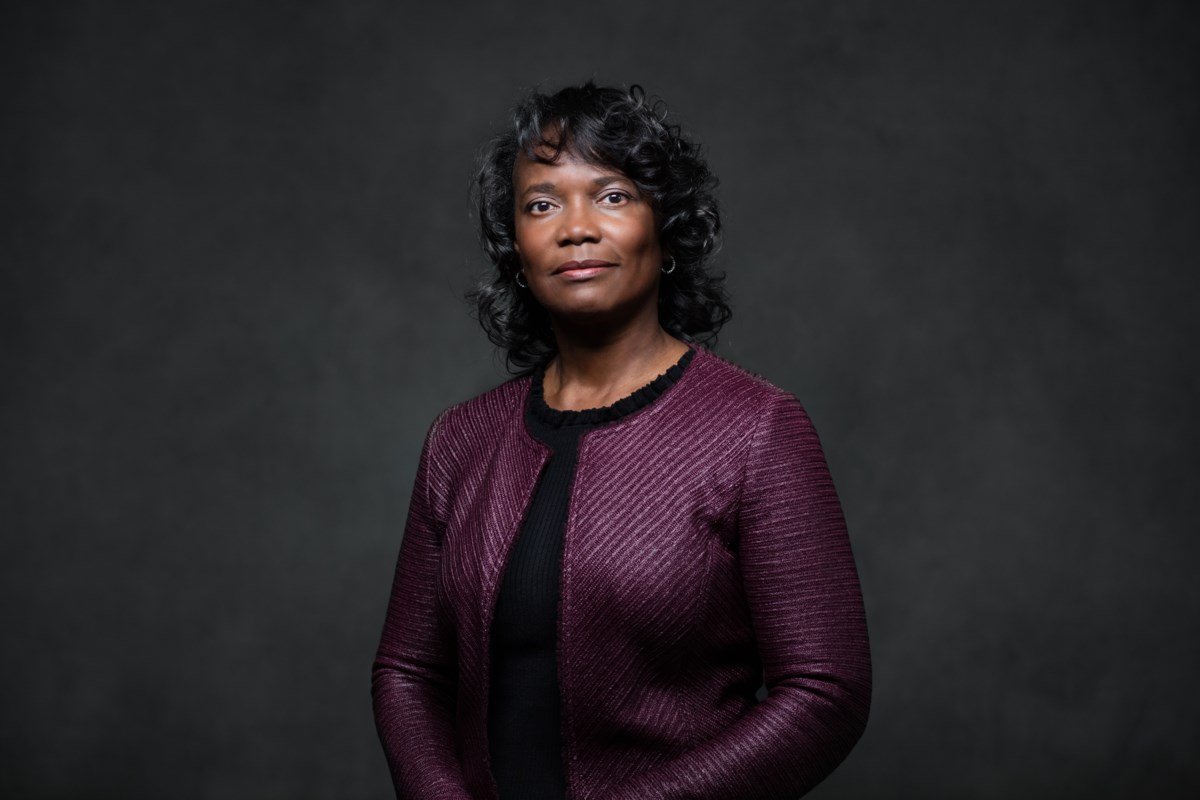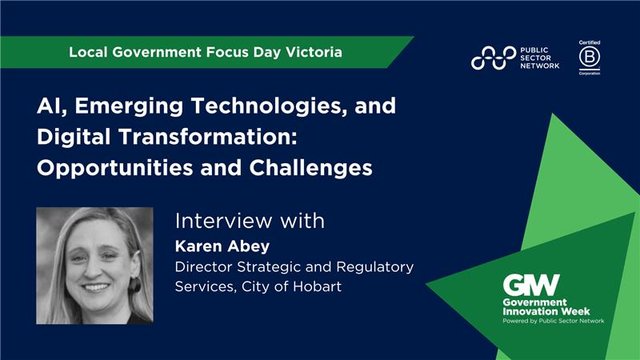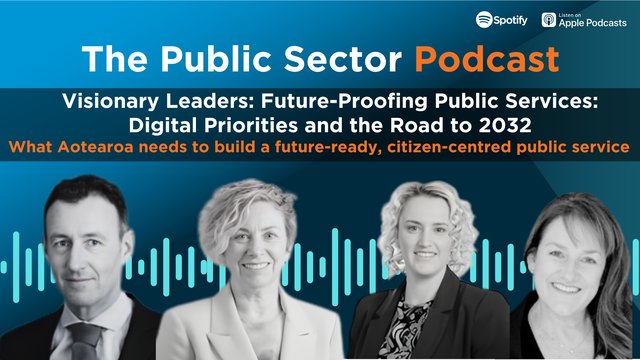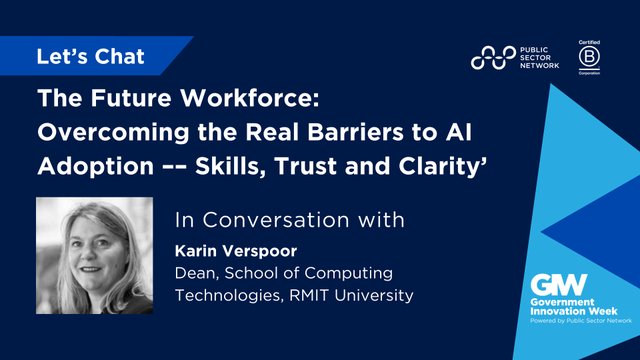
We've had the pleasure of speaking with the esteemed Candace L. Thomas, K.C., Deputy Minister and Deputy Attorney General, from the Government of Nova Scotia. Deputy Thomas shared her thoughts on the importance of equity in the training and upskilling of women today, and how essential and beneficial it is for women to create and nurture ties with one another inside and outside of the workplace.
Deputy Thomas’ career started off in the private sector, eventually branching off into the business world as an entrepreneur while maintaining a legal practice, and was most recently appointed Deputy Minister of the Department of Justice and Deputy Attorney General in April 2020. She is an active leader in her community and currently serves as a Director of The Africadian Empowerment Academy Society, as well as a board member of the Dartmouth General Hospital Foundation.
“The only constant is that of all the rewarding experiences I've had, as a leader or otherwise, is that I’ve never been alone.”
Since joining the public sector, Deputy Thomas has been part of amazing, talented teams. She shares how the deputies table in Nova Scotia are openly addressing and having honest conversations around equity, diversity and inclusion. Together they are building actions that are shifting the culture within and through the government. The work is happening. This is what helps motivate her, and the impact of these efforts is what she finds most rewarding.
When asked about the current challenges women are facing regarding talent development, training and upskilling, Deputy Thomas is quick to raise the theme of this year’s International Women’s Day: Embrace Equity. She expresses that being Deputy Minister of the Department of Justice requires embracing justice, which is a matter close to her heart. Furthermore, equity is also about embracing fairness and not sameness, it’s not about treating everyone the same, she states. Starting with the premise of embracing equity, she continues, we must be intentional about creating room for talent development and upskilling for women within the public sector, or the private sector for that matter.
“Intersectionality must be a conscious consideration from the outset.”
Deputy Thomas shares that we often forget to put that intersectional lens on when we're thinking about women and gender. In some areas there may not be any gender disparity, but there may be an underrepresentation of Black and Indigenous women and women from other diverse groups, including gender diverse women.
The aspect of wanting to advance women is of critical importance. Managers, supervisors and senior leaders must buy in and develop plans to encourage that talent development, training and upskilling for women. Deputy Thomas refers to this as creating systemic opportunities, the opposite of systemic barriers.
Additionally, creating a supportive culture where time is afforded to women to invest in themselves and participate in the opportunities available to them is important. It’s one thing to talk about creating these opportunities, but we must also make the time available. Deputy Thomas adds that if women aren't allotted time that considers their circumstances, such as grace for a day off or a couple of hours to be away from the desk for training, then that may have the unintended consequence of failing to attach opportunities to women, defeating the purpose. A supportive, inclusive culture is important if we truly want to, in a meaningful way, encourage that talent development, training and upskilling for women within the public sector.
Another essential aspect to consider is affording women the opportunities to foster links with one another. This can be done through networking, mentoring, coaching or sponsorship. All different, but equally important. Deputy Thomas uses the timely example of International Women’s Day to assert that many organizations will be hosting events to celebrate the day, and this is a perfect opportunity to expand links among diverse groups of women by inviting people along.
She continues by stating that mentoring is an important tool that can be used, and it's something that really doesn't cost anything. A formal mentoring program may be available and can be effective if well planned, monitored and evaluated. Deputy Thomas is a strong proponent of informal or organic mentorship, and she believes that this should be encouraged. Mentorship doesn't have to be rigidly applied. It really can be an opportunity for someone who has wisdom to share to help develop talent.
Networking can also be extremely helpful, if purposeful. Seeking out, hosting, or attending events with others either virtually, hybrid, or in person, is a great opportunity to connect and extend women's links to other women. Deputy Thomas continues, that it’s also about having a planned goal when attending these events, and not merely randomly handing out business cards. She suggests reviewing the attendance list in advance, if possible, identifying the one or two individuals you want to meet and making a meaningful connection with them to pave the way for a subsequent meet up or conversation.
“Mentorship, coaching and networking are of course distinct but equally valuable tools that can be employed to help develop talent and foster retention and advancement for women within the public sector.”
Deputy Thomas advises that coaching is usually a more formal arrangement with a professional coach with an associated cost. As long as there are fair policies within government departments and divisions to determine when someone would be afforded an opportunity for a professional coach, she believes that it’s a beneficial tool.
Overall, it is crucial to allow for flexibility between work and home life, she adds. We know that most people are busy. So, in order to expand women's links to each other, mentorship, coaching and networking activities should be adaptable and offered in different settings. Especially if we consider younger women who have young families, it may not be easy for them to attend in-person evening event.
In a few closing thoughts, Deputy Thomas shares the importance of inclusive leadership in the public sector. She states that, if you are not an inclusive leader today, you're probably not advancing the goals and mandates and priorities of government and a modern public service, and therefore, not supporting your people internally or the people you are expected and required to serve.
“We're talking about inclusive leaders and inclusive leadership, which is what we need today.”
Inclusive leadership must be done consciously, it needs to be intentional. When you're inclusive, you make space for other women. Being aware that you may have to uniquely look at Indigenous and Black women, other women of colour, gender-diverse women and women from different and broader diverse groups.
The key importance of mentorship and sponsorship is identifying people who show promise and introducing them to people of influence in your circles. This is what an inclusive leader does. They foster or create those opportunities. Deputy Thomas highlights the Nova Scotia Public Service Commission’s Leadership Development Program and how deputies and other senior leaders are deliberate in ensuring they are identifying women, being mindful of intersectionality, to participate. It’s about helping to attract, retain and advance talent throughout the public service who reflect and work together to meet the needs of the populations we serve. This is what public service is about.
“By doing this we can help remove those barriers that keep women underrepresented, broadly speaking, and that keep Indigenous, Black, and other diverse women excluded from the opportunities that they could otherwise have.”
Her final, yet perhaps most important reflection is the importance of kindness. She graciously concludes by sharing that when doing this work, trying to be inclusive and support and help women in the public sector, we mustn’t forget to be kind - an underrated, yet important attribute of a strong, inclusive leader.
Written by Jasmine Gale, Community Program & Content Manager, Public Sector Network































